By Wan Shuyan from CNS,edited by Wang Zonghan
Editor's note: German Sinologist Martin Woesler is a member of the Academy of Europe and holds the Jean Monnet Chair awarded by the EU. He is also professor in Sinology at the University Witten/Herdecke in Germany. Earlier, he was the head of the Chinese Department at the International University SDI München, a professor at the University Roma Three in Italy and a former associate professor at the Utah Valley University, the U.S. In 2019, he became a distinguished professor of the Hunan Normal University in China. His main research interests are the Dream of the Red Chamber, one of the four great Chinese novels, comparative literature, translation, crosscultural communication and contemporary Chinese literature. His joint translation of the Dream of the Red Chamber with Benjamin Schwartz is the first full translation of the classic in German. He was awarded the Chinese Government Friendship Award in 2020.
In 1926, the French literary journal Europe published the French version of Lu Xun's novella The True Story of Ah Q, translated by Jing Yinyu. It marked the start of the translation of Chinese modern and contemporary literature into Western languages. Martin Woesler has translated several major Chinese authors' work into German. They range from Lu Xun, Zhu Ziqing, Ba Jin, Qian Zhongshu, Wang Meng and Jia Pingwa to Han Han. Here, he talks about the importance of contemporary Chinese literature in understanding China.
CNS: In addition to the Dream of the Red Chamber, you have translated a large number of modern Chinese writers' works as well. Why modern Chinese literature?
Martin Woesler: Chinese literature has always maintained a good level of creativity. The Dream of the Red Chamber and The True Story of Ah Q were among the best works of global literature at the time.
In the 1920s, China produced many high-quality works that formed part of world literature. One reason for it was the good communication between Chinese writers and the literary communities of other countries. Today, there are many outstanding Chinese literary works that deserve to be known to the rest of the world but are still unknown because while more works are being introduced in China, original Chinese works are not being translated and introduced to the world.
Another reason contemporary Chinese literature appeals to me is because it has a lot of local characteristics. For example, (1952-born prolific novelist) Jia Pingwa's work contains a lot of the dialect and traditions of his hometown. These wonderful elements, while difficult to translate into other languages, deserve a wider readership. I would love to translate Chinese stories that depict rural life and present them to international readers.
There are many quality contemporary Chinese literary works. Lu Xun improved the use of the modern colloquial language in writing. Although he declined to be nominated for the Nobel Prize in literature, his work has surpassed the criteria for the award. The True Story of Ah Q, Kong Yiji, and the Diary of a Madman are among the most advanced modern literature of his time. I still cherish the ambitious goal of publishing his complete works in foreign languages. I have translated three of his essays, including The Crisis of the Literary Essay and In Memoriam in Order to Forget.
(Iconic satirical author) Wang Meng has contributed greatly to the experimental development of the stream of consciousness style in literature, and I have been involved in translating some of his work. I also enjoyed translating (1953-born novelist) Han Shaogong's work.
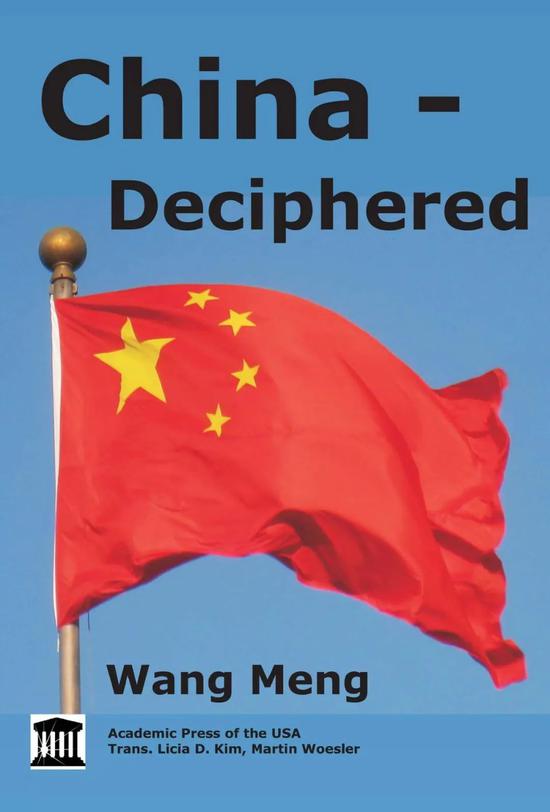
CNS: How does translating modern literature deepen one's understanding of China?
Martin Woesler: Reading modern Chinese literature is the best way to understand China and its culture. Modern writers can make their readers understand their ideas, engage them in their thoughts and help them understand China from a Chinese perspective. We can see the integration of ancient literature and foreign literature in modern and contemporary Chinese literature. Lu Xun’s Call to Arms, for example, provides a realistic portrayal of Chinese society from the 1911 Revolution (the armed rebellion in 1911 that overthrew the last Qing Dynasty ruler and established the Republic of China) to the May Fourth Movement (the intellectual and sociopolitical reform movement growing out of student protests in 1919). It reveals the deep-seated social issues and profoundly analyzes and critiques the old Chinese system and the traditional stereotyped concepts, giving readers new insights into modern Chinese culture and the characteristics of the times.
The emergence of the "post-80s" literature and other new types of literature also became an important cultural phenomenon in China at the beginning of the twentieth century. After 2000, "post-80s" writing, mainly youth literature, proved quite a success in the literary market. (Author, blogger and rally driver) Han Han is one of the noted authors of this generation.
Literary works in some way reflect the writers' different understandings of the times. Their work and ideas help us understand China step by step.
CNS: Some critics say that many literary works lose their original charm in cross-cultural translation. How did you overcome the translation bottleneck when translating modern Chinese literature?
Martin Woesler: I think that is a prejudice. Literary works do not lose their original charm in the process of cross-cultural translation. If there are no translations, then a country's literature will only have domestic readers. To make it known to the outside world, it has to be translated into English at least.
Each literary work has its own charm in one way or another. If a work of literature is attractive to foreign readers though domestic readers have a different opinion, it is a meaningful task for us to translate it into a foreign language.
However, translating a work of literature must not change its original features, it should neither add nor reduce any meaning. If a local translator cannot fully understand and appreciate it, the best person for the job would be someone who has lived abroad for many years. Generally speaking, most successful translations of literary works are done by native speakers of the language of translation.
CNS: For a long time, the West focused more on studying classical Chinese literature than translating and studying modern and contemporary Chinese literature. Some foreign translators have even said that the West is like a desert where modern and contemporary Chinese literature is concerned. What is the reason for this vacuum?
Martin Woesler: Outside China, the situation is indeed arid where Chinese contemporary literature is concerned, which is unfair because China does have high-quality modern literature.
In Germany, non-German literature accounts for 12.5 percent of the total literature; of this, Chinese literature accounts for only 0.3 percent. Before I began my translation career, about a dozen Chinese literary works were being translated into German every year. Since my joining in, that figure has roughly doubled. I gathered a group of young Sinologists in Germany to join a translation workshop and we translate 10 books a year from Chinese into German on average. Most of them are works of literature.
Chinese literature will become popular only when China enters the international arena and its image plays a big role in that. China still has a long way to go to improve its cultural appeal, and I hope my translations will help Chinese culture go out and be known to the outside world.
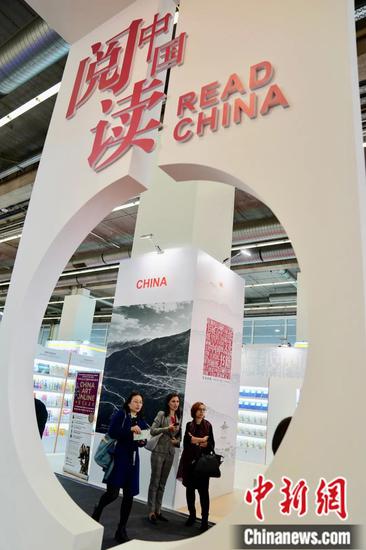
CNS: Has the cold shoulder given to Chinese modern literature in the West changed in recent years? What types of writings are likely to appeal to European readers?
Martin Woesler: The world of Chinese literature itself is capable of producing many high-quality books. Since the 1930s, China has seen a lot of high-quality literature. Some contemporary writers such as (Nobel laureate) Mo Yan, (popular science fiction author) Liu Cixin, Yan Lianke, Su Tong and Yu Hua are already known to Western readers. But many writers are still unknown in the West.
On the whole, for the Western readers, Chinese literature has not yet formed a stable image with its own characteristics. Chinese writers can read more foreign literature to address their shortcomings and learn from the work of other countries. For example, in the 1920s, Lu Xun was involved in cultural exchanges and translations. Through frequent cultural exchanges, his novella The True Story of Ah Q was translated into French and supported by French writer Romain Rolland.
Among the literary genres, science fiction, children's literature and Internet literature are popular among Western readers, including European readers. A study by iResearch, a consumer research service provider specializing in online audience and consumer insights in China, said Chinese Internet literature had over 80 million overseas readers in 2020, indicating the genre has great appeal for Western readers.
CNS: Your translations are renowned for their remarkable language and skill. How can translations of modern Chinese literature contribute to the cultural exchange between China and the West?
Martin Woesler: To improve cultural exchange and mutual understanding, it is also necessary to bring people together. When people of one country really get to know the people of another country, they often change their attitude toward that country. Therefore, we can, for example, strengthen partnerships between schools in China and abroad, and partnerships between cities. Also, other cultural approaches can be taken to attract foreign readers. The films made by the fifth-generation Chinese directors have greatly promoted Chinese literature in the West. Red Sorghum, Ju Dou, and Life are all films adapted from eponymous books. Films like Ang Lee's The Wedding Banquet and Eat Drink Man Woman introduced the Chinese food culture, while Crouching Tiger, Hidden Dragon introduced the Chinese martial arts.
The best way to understand a people, a country and a culture is to read modern contemporary literature. Authors can transport readers to their inner world and engage them in their thought process so that the readers see China through the eyes of the Chinese and prejudices are eliminated. For example, when interpreting the Analects of Confucius, Roger T. Ames and Henry Rosemont Jr. analyzed it from a comparative philosophical angle, which successfully conveyed ancient Chinese philosophical ideas to the English-speaking world.
CNS: How is the exchange between Eastern and Western literature progressing today? Do they influence each other?
Martin Woesler: The major drivers of cultural exchanges between China and the West since the twentieth century were the Western missionaries who came to China, international students and overseas Chinese immigrants and translators. The missionaries introduced classical Chinese literature to the West. (Scottish linguist) James Legge translated and published The Chinese Classics, and introduced Eastern culture, philosophies and customs to Western readers. Zhu Shenghao was one of the earliest Chinese translators of Shakespeare, and the quality and style of his translations is recognized by Shakespearean researchers at home and abroad. Guo Moruo was one of the earliest translators of Goethe.
Contemporary and modern East–West literary exchanges have not only promoted the development of Chinese literature, but also enriched world literature. The rich variety of Western literature offers more options to Chinese readers while Chinese literature has given a different perspective and experience to the West. Mo Yan was a voracious reader of foreign classics and his books portray Chinese rural culture, presenting an authentic image of China to Western readers.
Literary exchanges are increasing today. More and more Chinese literature is being translated into foreign languages and vice versa. However, the global influence of Chinese literature will increase only when the market demands more Chinese books.
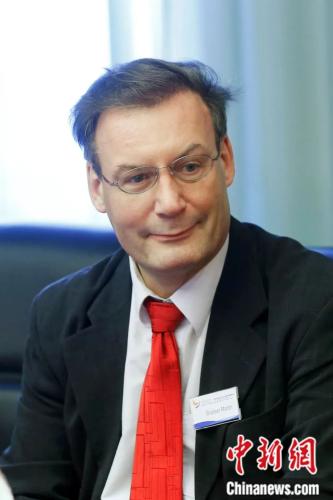








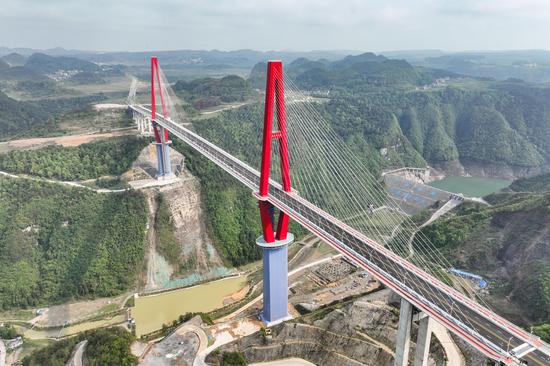
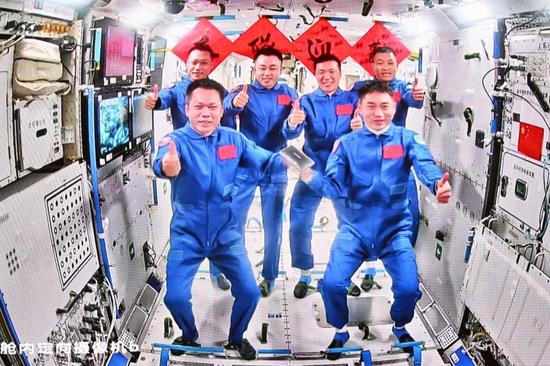
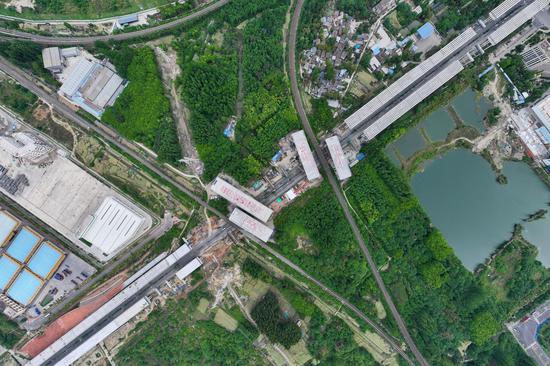

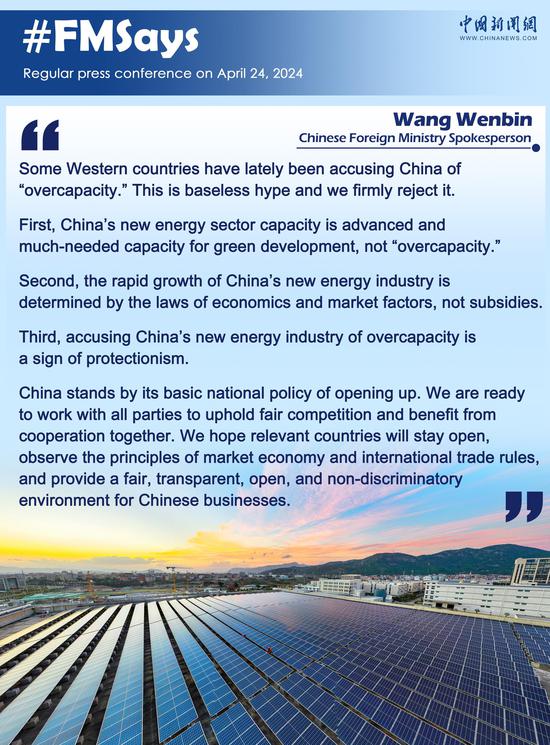
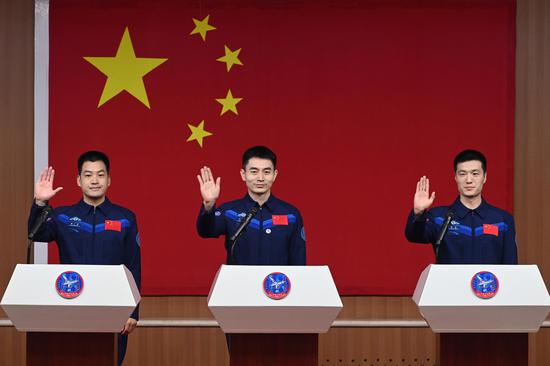
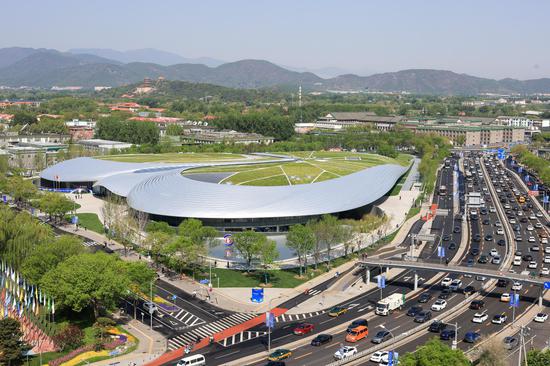
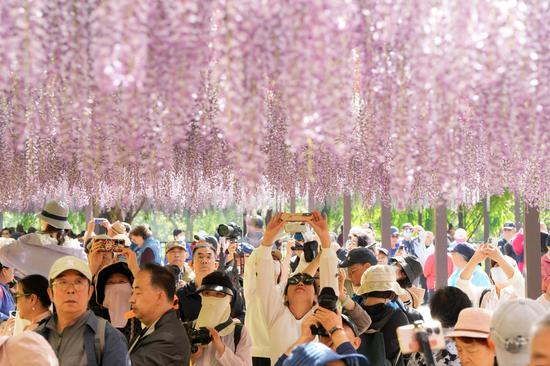
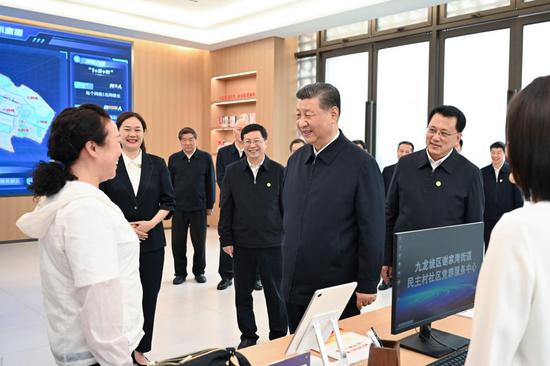
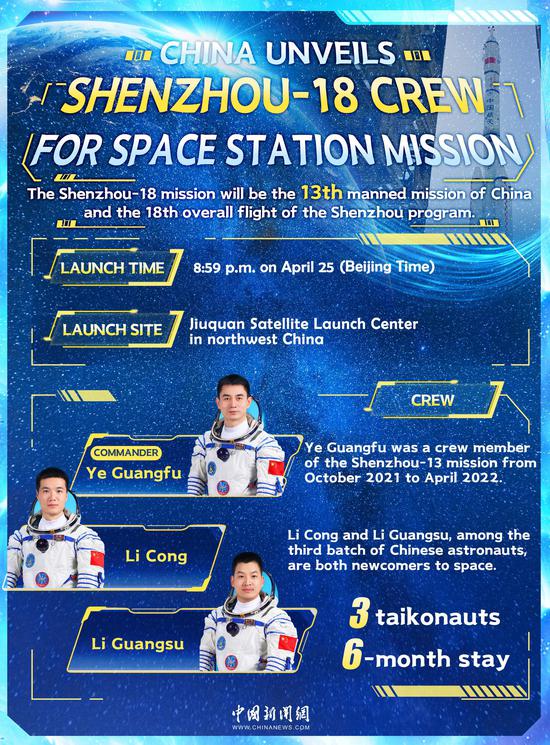
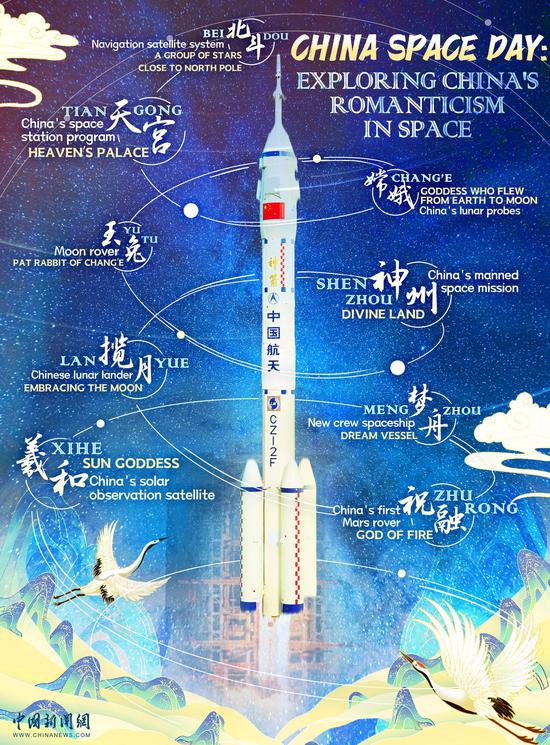
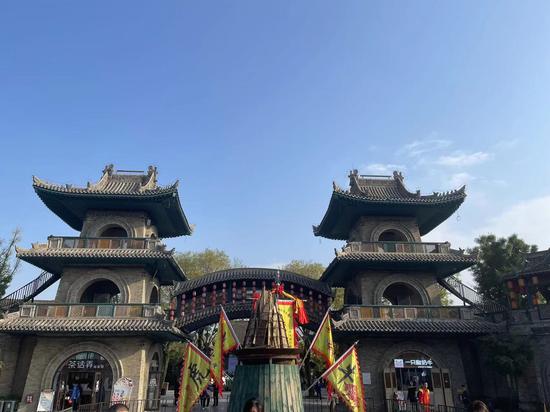

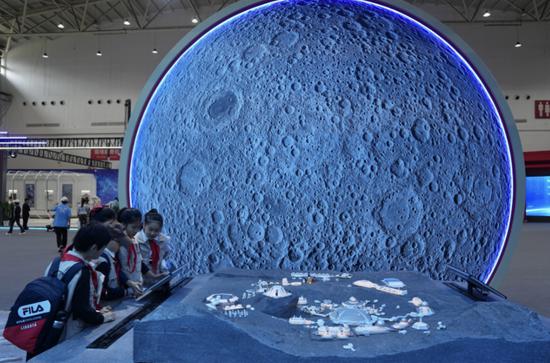
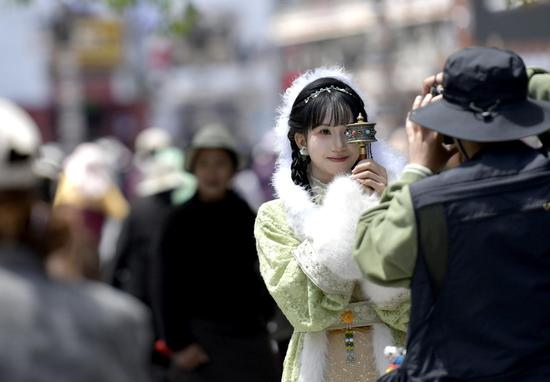

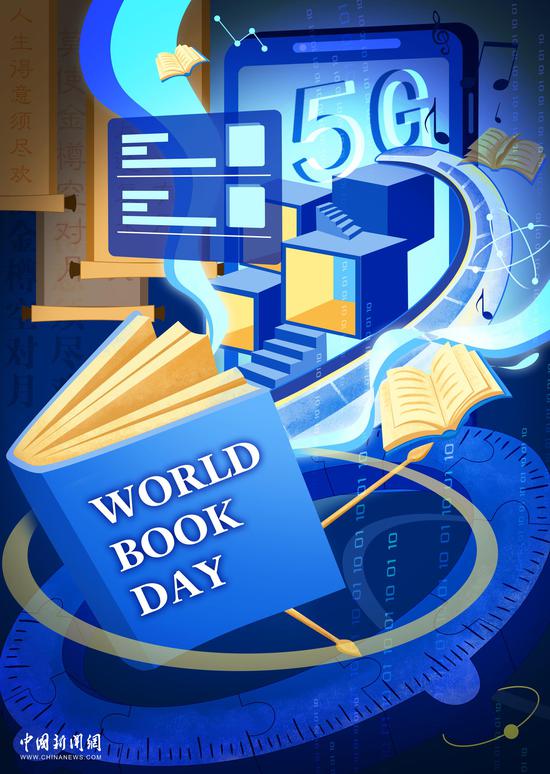
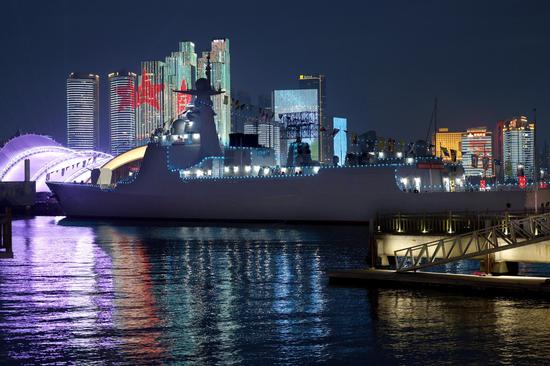

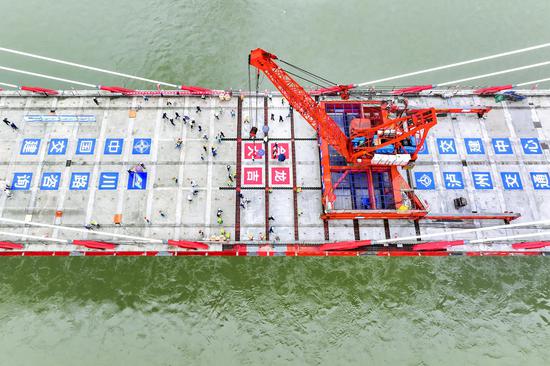
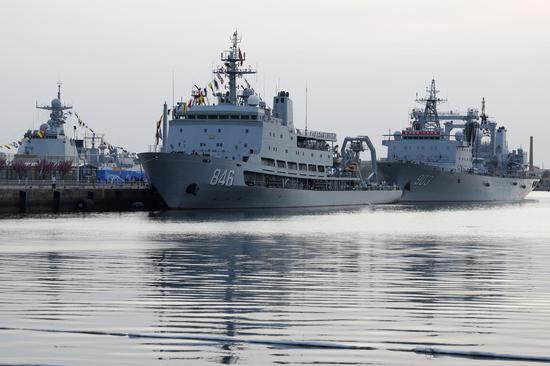
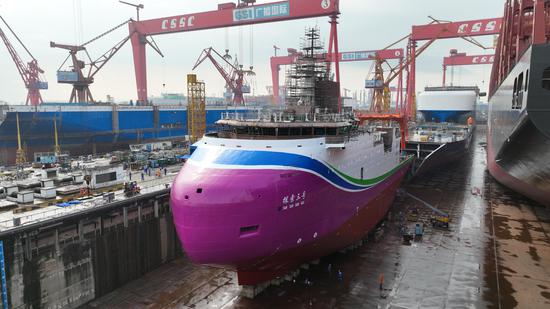
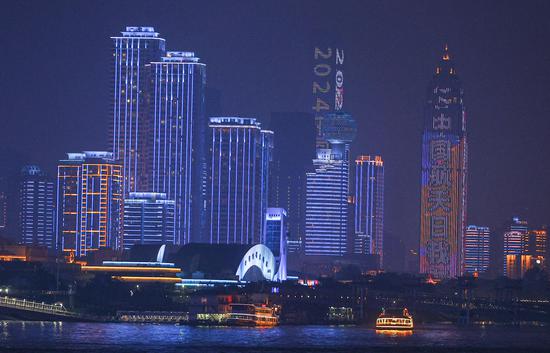
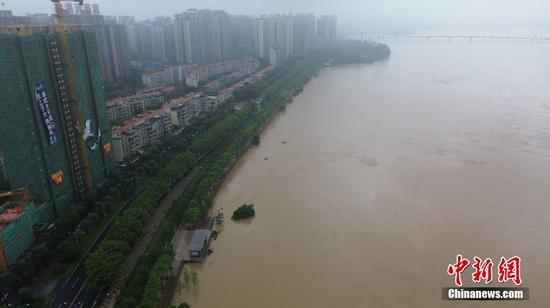
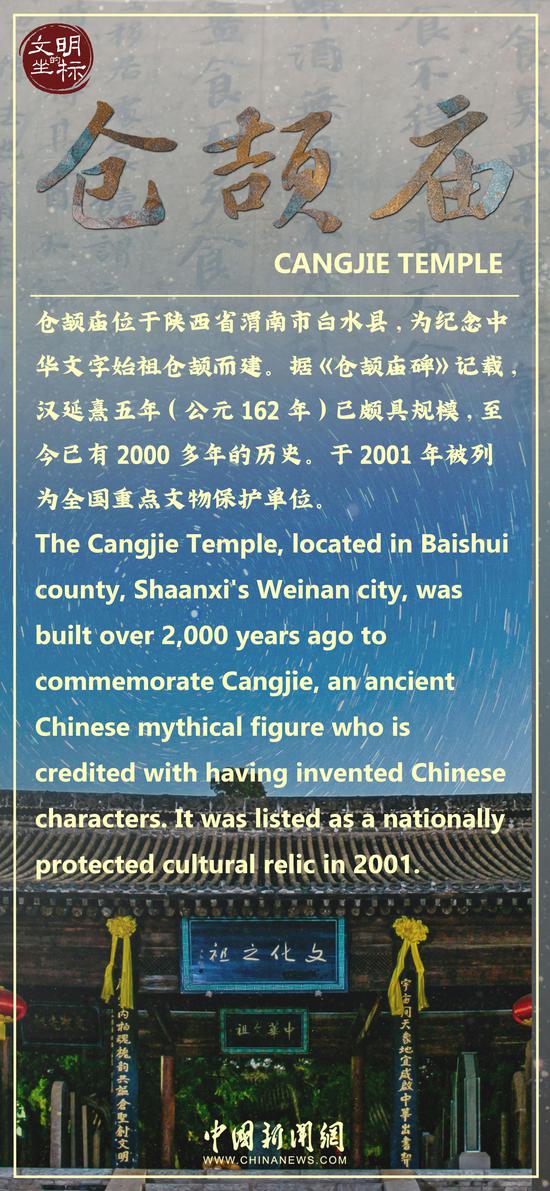
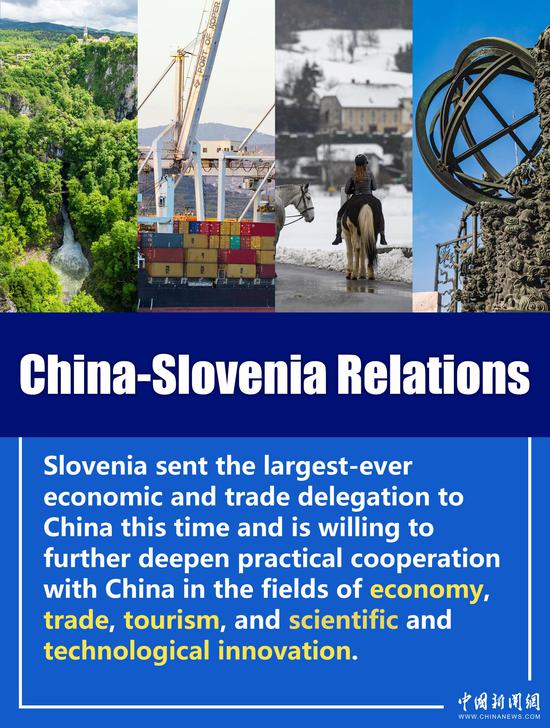
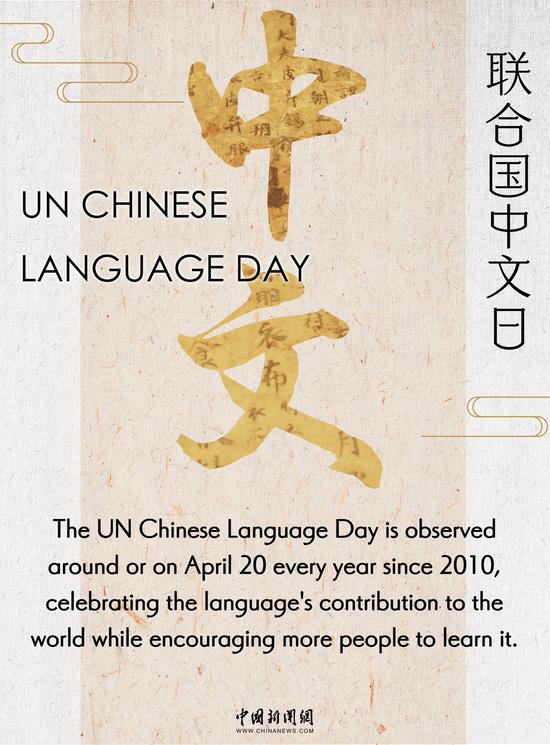
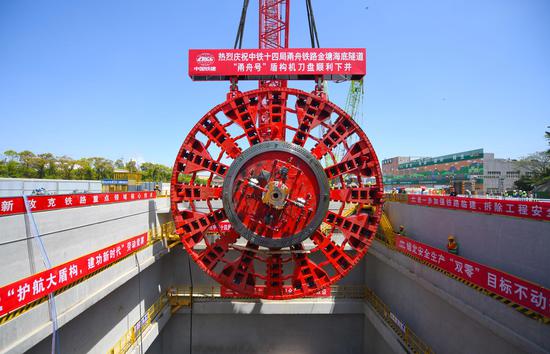
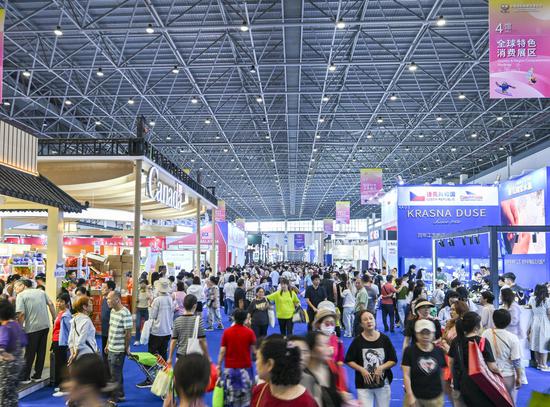
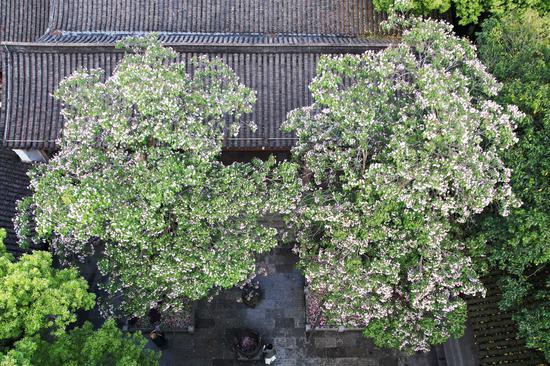
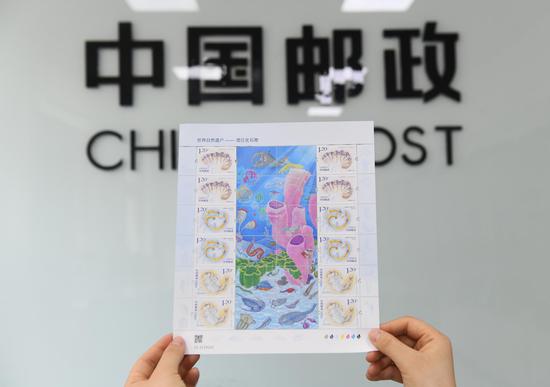
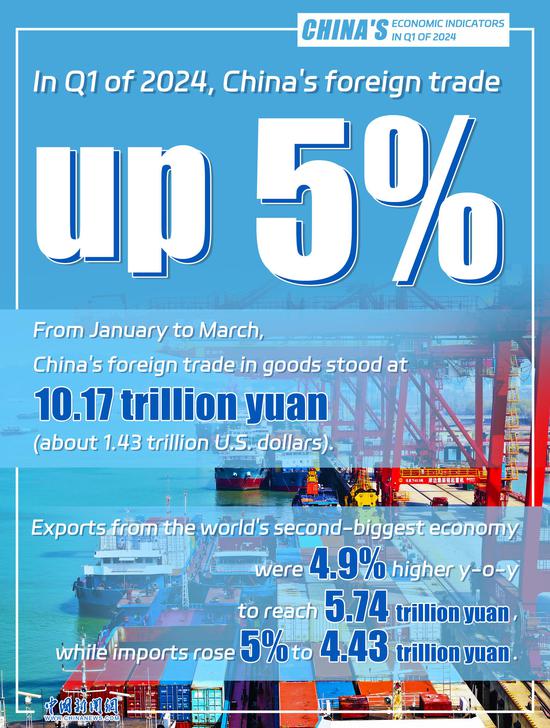
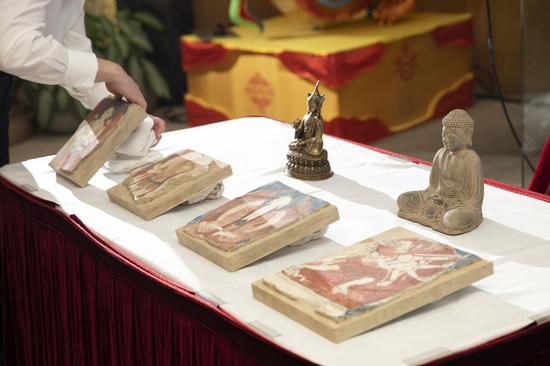
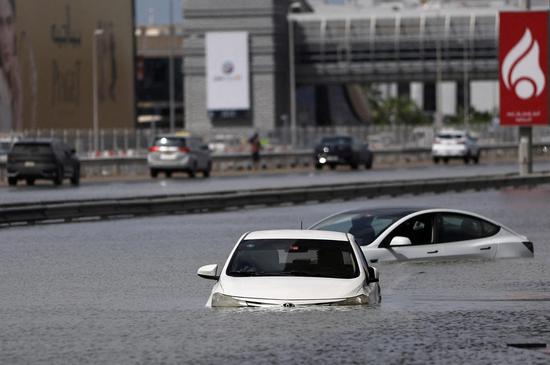
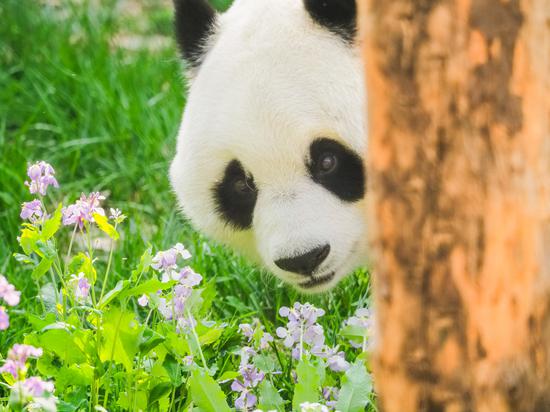

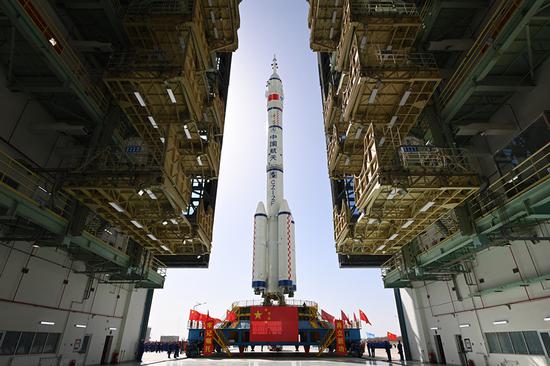

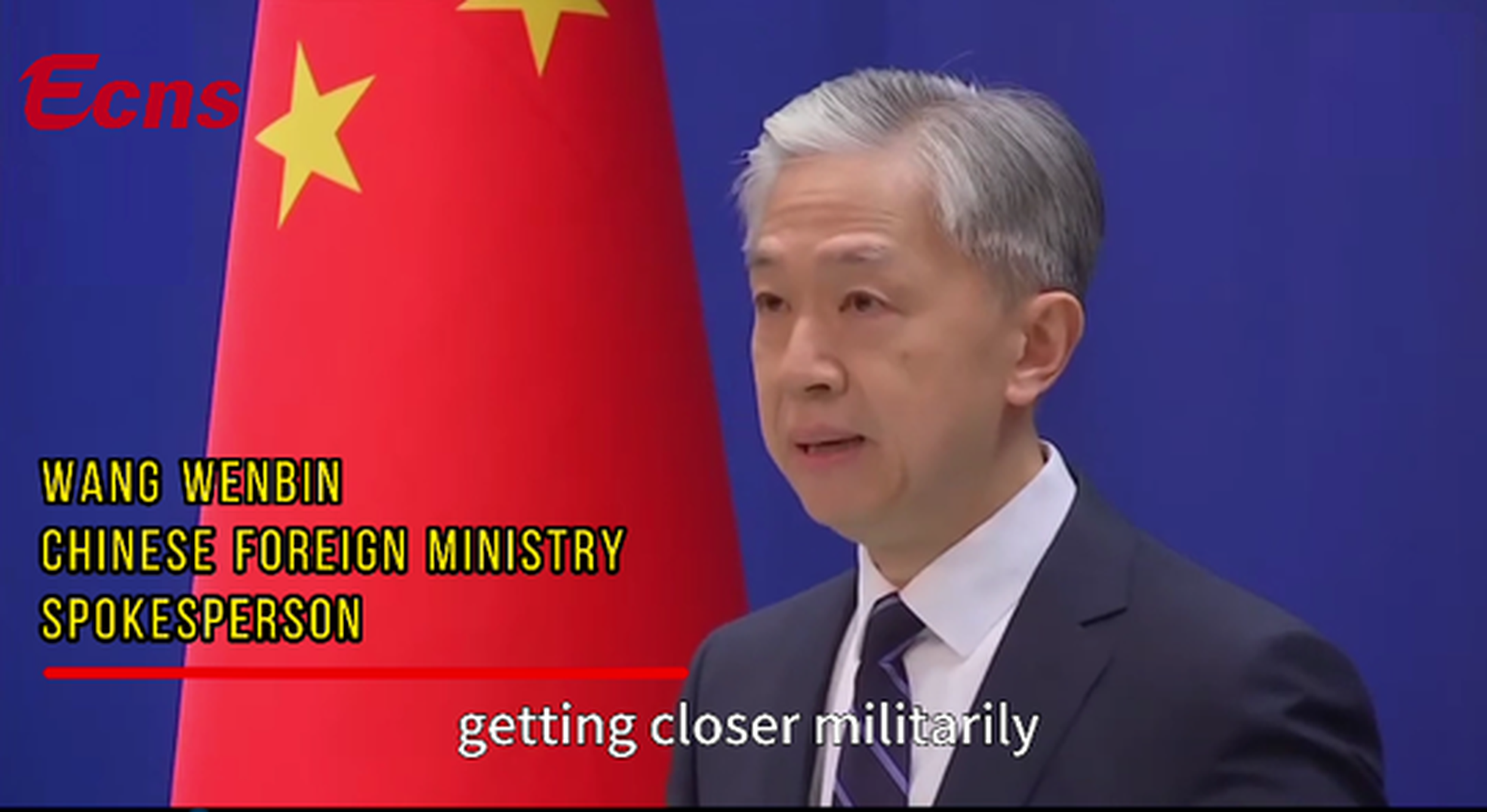



 京公网安备 11010202009201号
京公网安备 11010202009201号